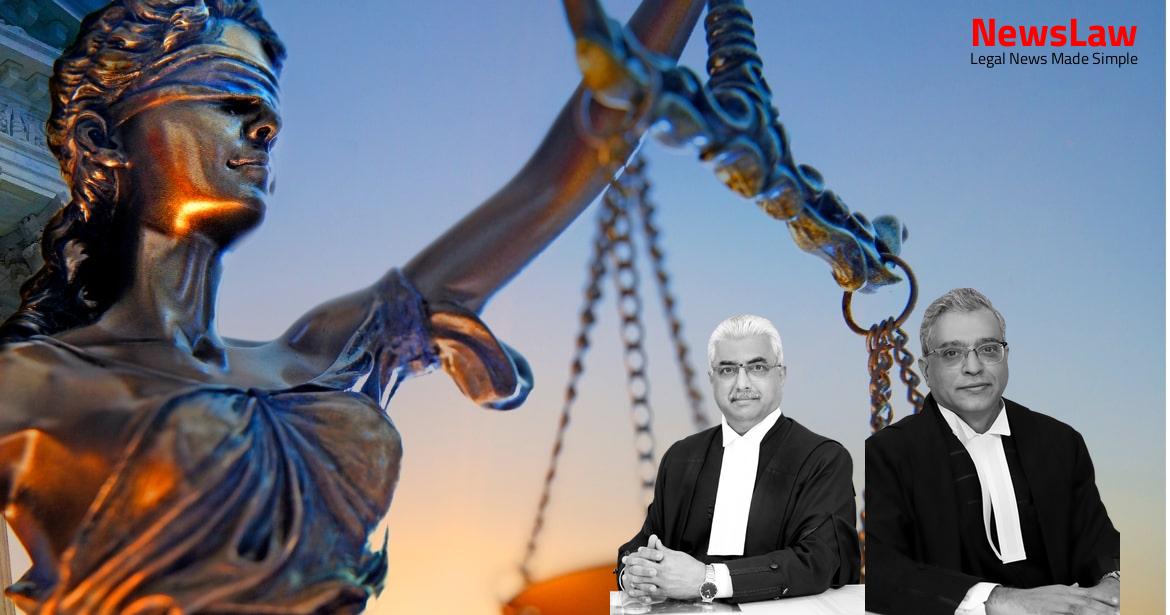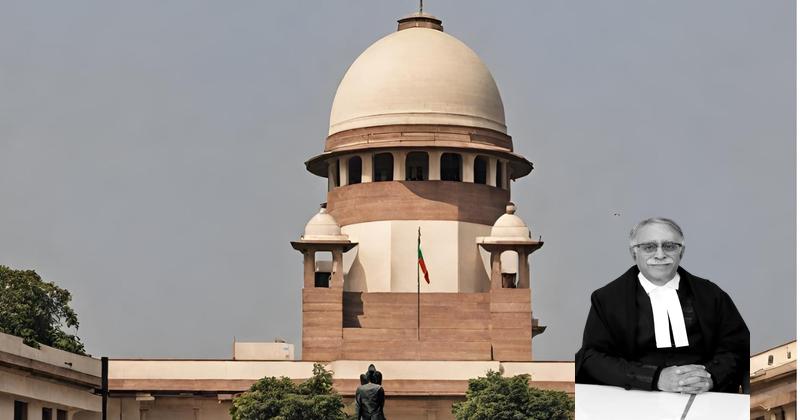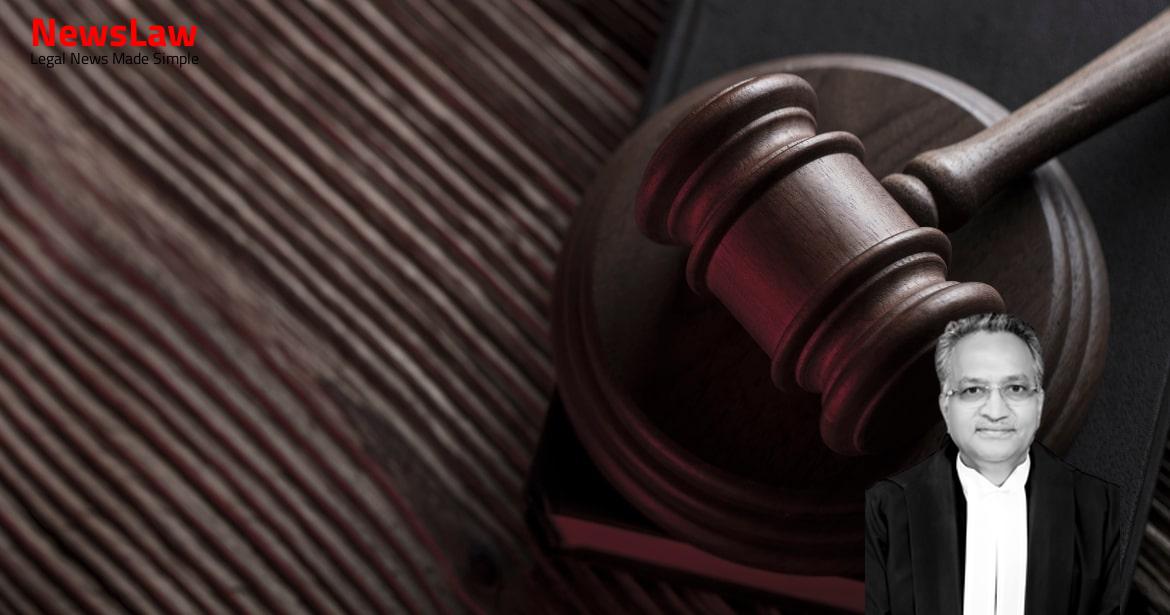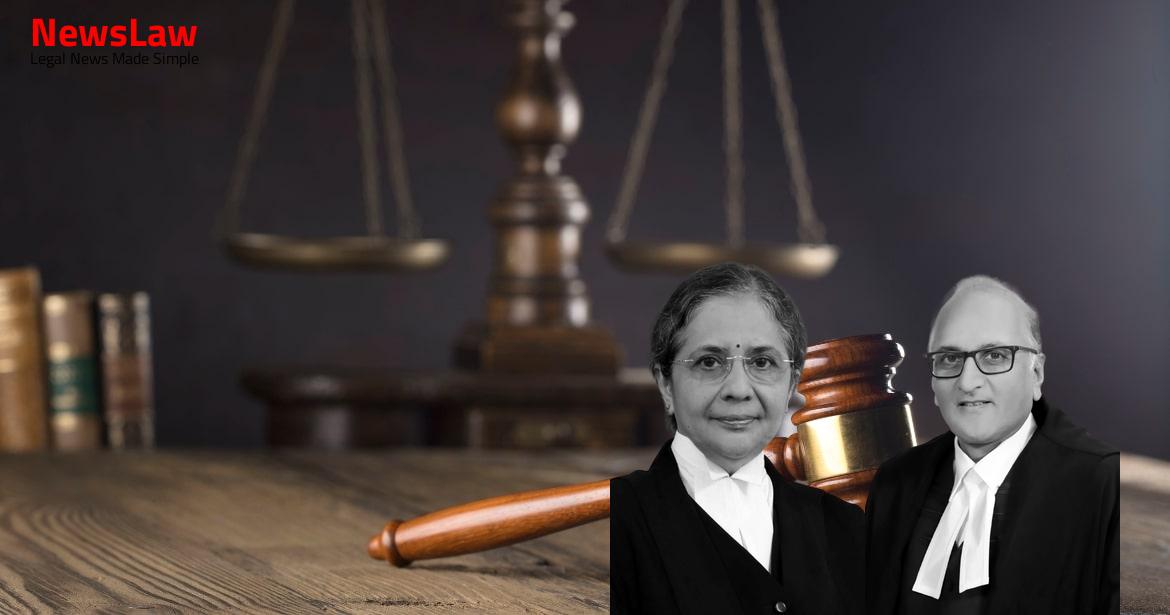Explore the Supreme Court’s judgment in the case of Union of India vs. Mrityunjay Kumar Singh, where the appellant, Union of India, challenged the High Court’s decision to grant bail to the respondent, Mrityunjay Kumar Singh. Delve into the legal intricacies, arguments presented by both parties, and the court’s reasoning behind upholding the bail decision.
Facts
- The NIA submitted a supplementary chargesheet against 34 persons, including the respondent, for various serious offences under IPC, UAP Act, and Arms Act.
- The respondent sought bail through a regular bail application before the Special Judge, NIA, Ranchi, which was rejected.
- The respondent then filed a criminal appeal under Section 21 of NIA Act, 2008 before the High Court of Jharkhand, Ranchi.
- The prosecution’s case involves an incident on 22.11.2019, where CPI (Maoist) fired at a police patrolling party at Lukuiya More, resulting in the death of four police personnel and looting of arms and ammunition.
- A complaint was lodged, leading to the registration of FIR No. 158 of 2019, later re-registered as RC No. 25 of 2020 by NIA on the directions of the Central Government.
- The offences in the NIA investigation include sections of IPC, Arms Act, Criminal Law (Amendment) Act, and UAP Act.
- This appeal is filed by the Union of India challenging the order granting bail to the respondent.
- The High Court allowed the appeal filed by Original Name of Respondent
- Ordered for Original Name of Respondent to be enlarged on bail with specified conditions
- Learned Special Judge had previously rejected the bail application
Also Read: Consumer Forum Decision on Commercial Purpose: Complainant vs. Opposite Party
Arguments
- The Additional Solicitor General of India argues that the appellant was a key partner in a construction firm closely associated with a regional commander of CPI-Maoist, providing financial and logistical support for terrorist activities.
- Cash amounting to Rs. 2.64 crores was found at the appellant’s house with no plausible explanation.
- The appellant prays for the appeal to be allowed and the impugned order to be set aside.
- The pendency of three other cases does not affect the continuation of bail granted to the respondent.
- The respondent was granted anticipatory bail in another case by the High Court of Jharkhand, indicating that criminal antecedents were not a significant concern for the court.
- The case registered by Chandwa PS in Case No.99 of 2014 resulted in acquittal, and in Case No.108 of 2015, the respondent was granted bail by the High Court.
- The prosecution’s appeal seeks to set aside the bail order primarily on the basis of the respondent’s involvement in multiple cases, besides the one registered by NIA.
- The appellant’s argument for setting aside the bail order was countered by highlighting the respondent’s previous acquittal and grant of bail in other cases.
Also Read: Nalininath Mitra vs. State of Bihar – Land Lease Renewal Case
Analysis
- The court must strike a delicate balance between judgment of acquittal and conviction when granting bail before trial.
- Findings while granting bail are tentative and do not impact the merit of the case.
- Important to consider if the accused may commit another offense if released on bail.
- Detailed reasons for granting or denying bail are not always necessary but must show the application of mind in serious cases.
- The duty of the court is to consider broad probabilities rather than weigh evidence meticulously.
- In cases under specific statutes like M, a deeper probe may be necessary to ensure materials collected do not justify a conviction.
- The court must assess the likelihood of the accused being ultimately convicted based on the evidence.
- Antecedents, propensities, and the manner of the alleged offense must be considered when deciding on bail.
- Previous instances of bail granted to the accused in related cases must also be taken into account.
- The court has its own philosophy in administering justice and bail
- Bail arises from the conflict between police power and presumption of innocence
- The court must be satisfied of reasonable grounds for the accusation to be prima facie true
- The court must consider broad probabilities of the accused being involved in the offense
- Non-consideration of vital facts can vitiate the bail decision
- Detailed examination of evidence is not necessary for granting bail
- Expressing prima facie reasons for granting bail is a legal requirement
- Basis for granting bail should be indicated, especially in appealable cases
- If bail conditions are violated, bail can be cancelled
- The seriousness of the offense, character of evidence, and other factors are considered when granting bail
- The satisfaction of the court for likelihood of not committing an offence on bail must refer to an offence under the Act.
- It does not apply to any offence, whether minor or major.
- Interference with the High Court’s granted liberty is not warranted.
- The prosecution can seek cancellation of bail if conditions are violated.
- The jurisdictional court will consider the cancellation application independently.
Also Read: Delhi Metro Rail Corporation v. Value Added Tax Officer: Upholding the Timely Refund Mandate
Decision
- The observations made in the order apply specifically to the consideration of the bail request.
- The court’s jurisdiction is not affected by any of these observations.
- The court will proceed to judge the case on its merits after the trial.
- The appeal has been dismissed, taking into account the above observations.
Case Title: UNION OF INDIA Vs. MRITYUNJAY KUMAR SINGH @ MRITYUNJAY @ SONU SINGH (2024 INSC 404)
Case Number: Crl.A. No.-002487-002487 – 2024



